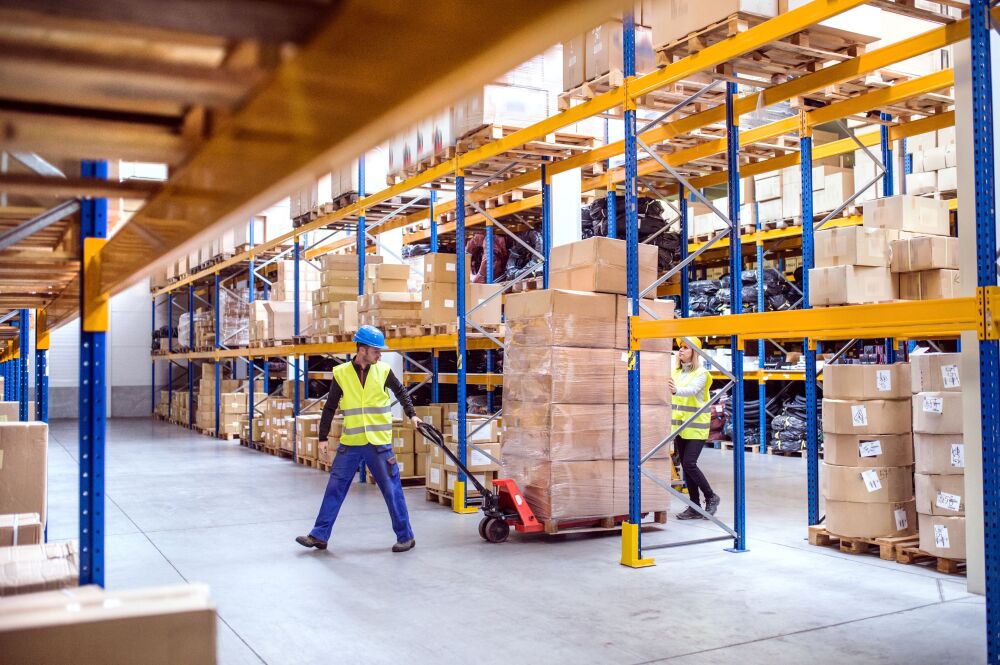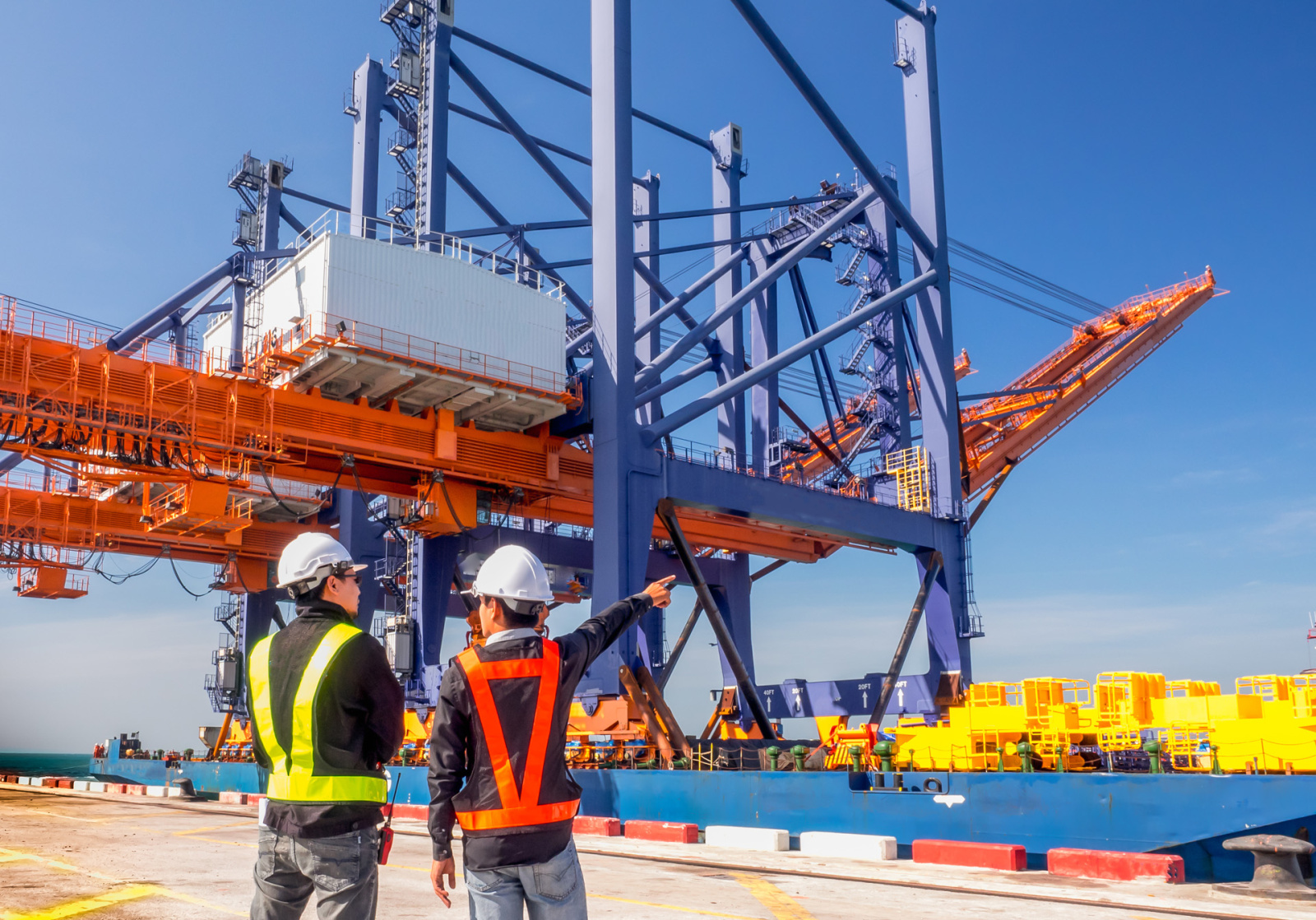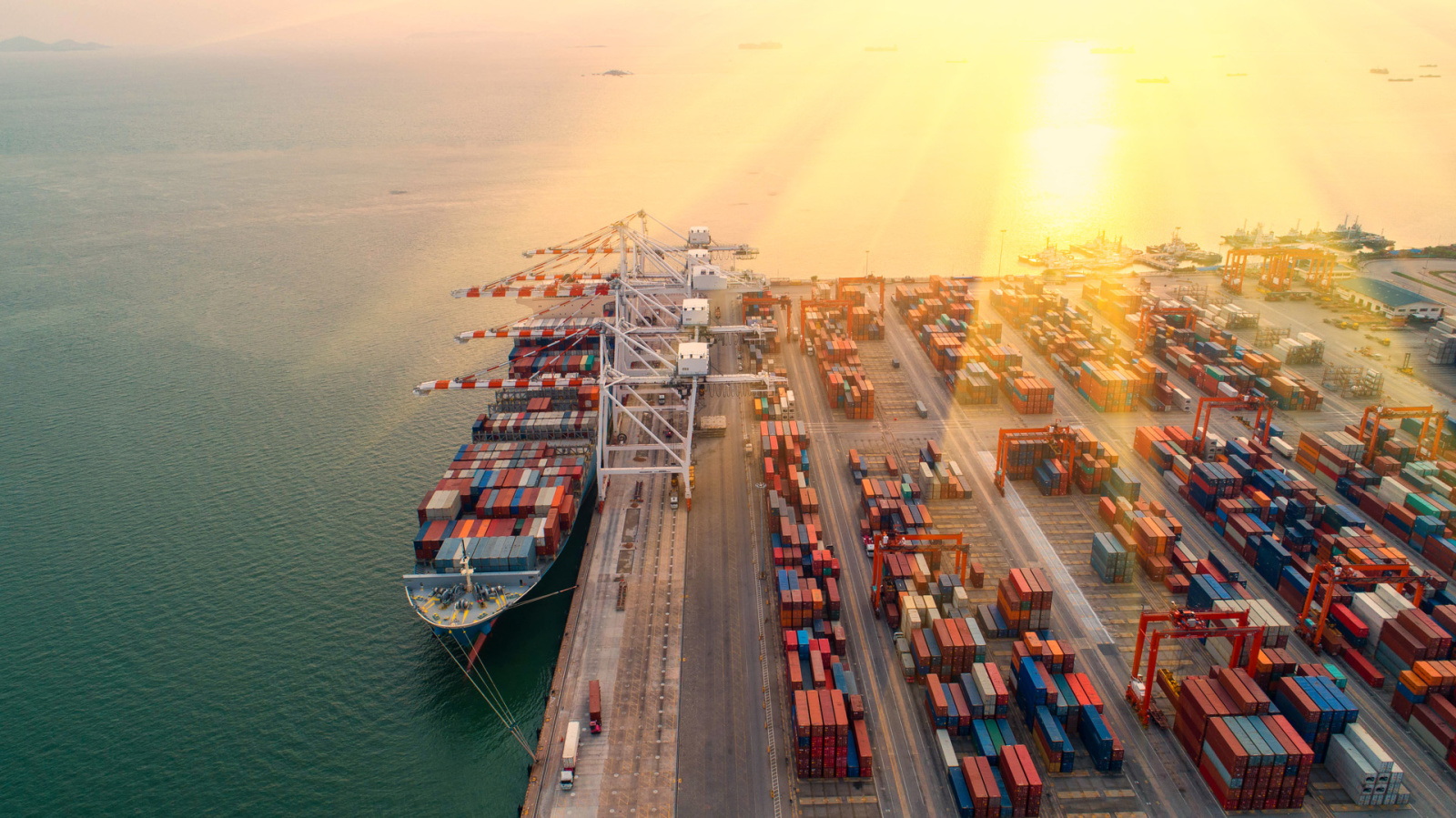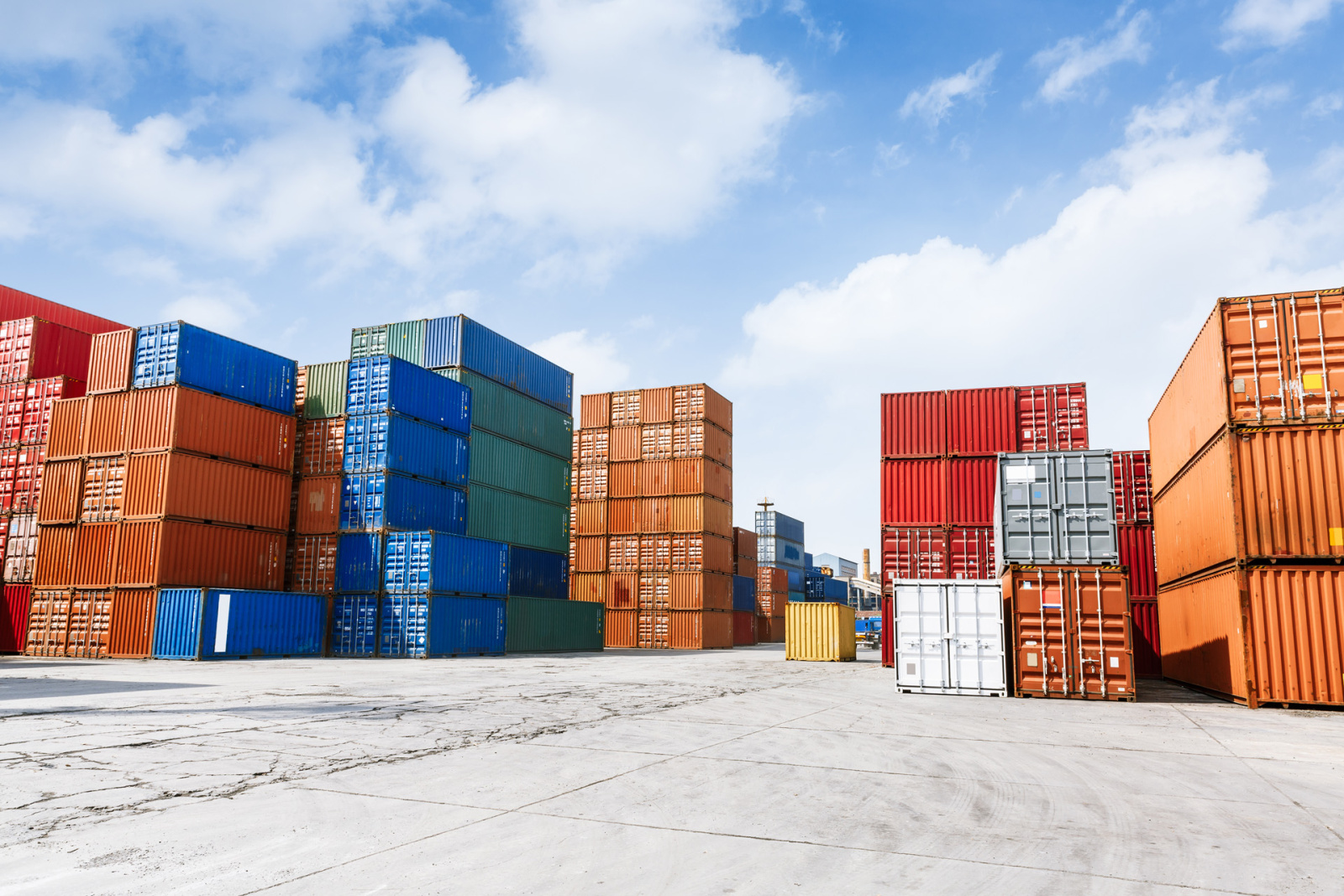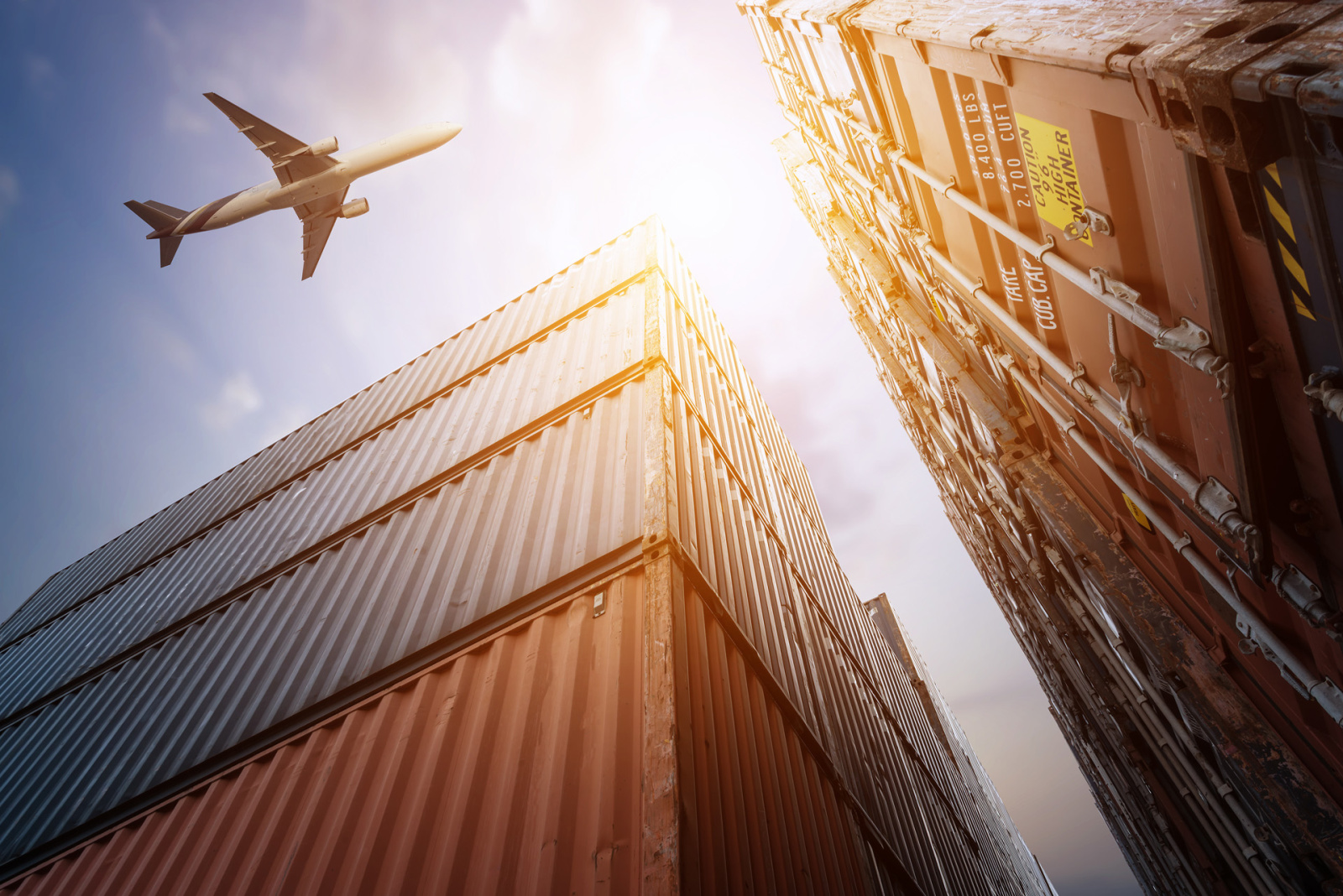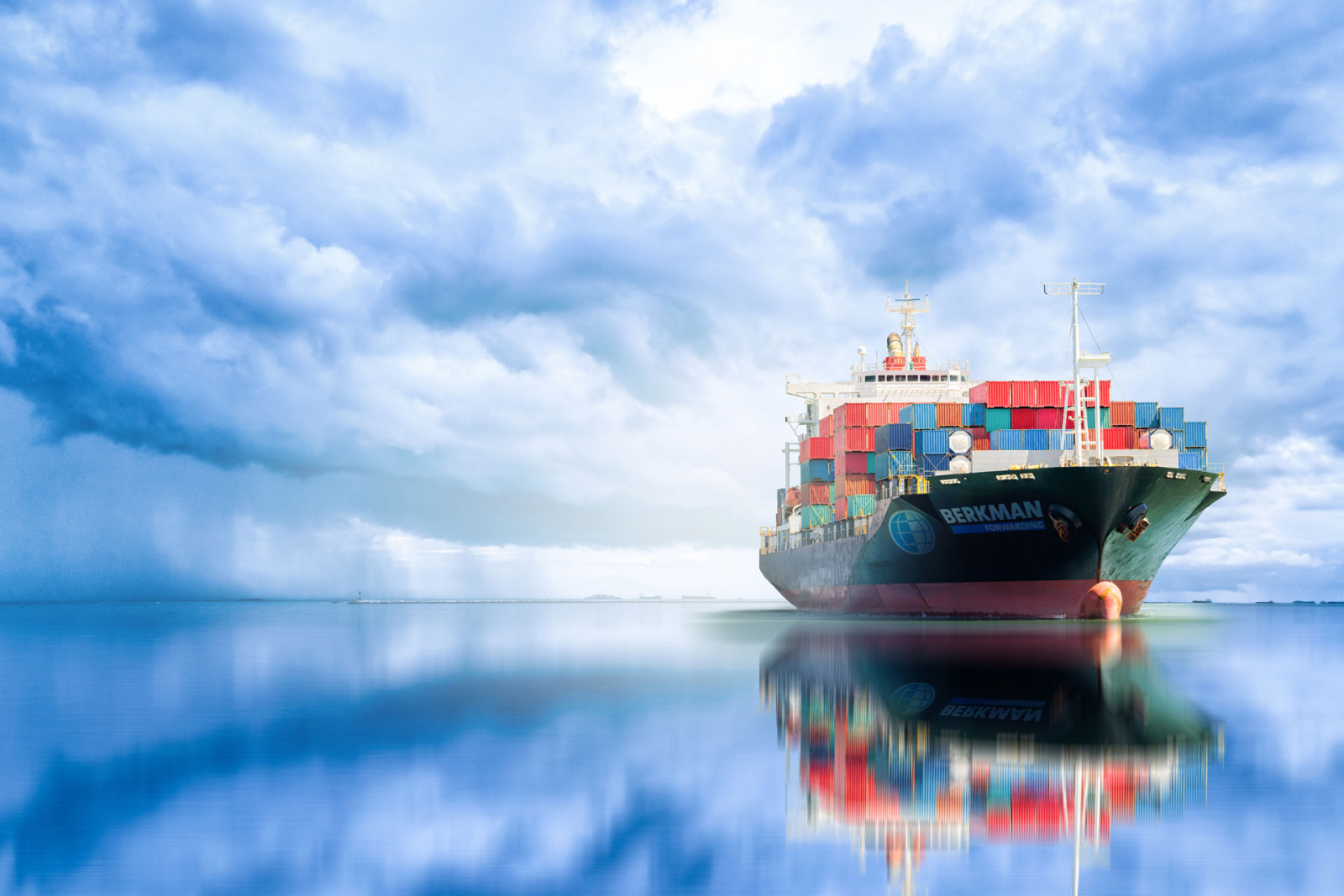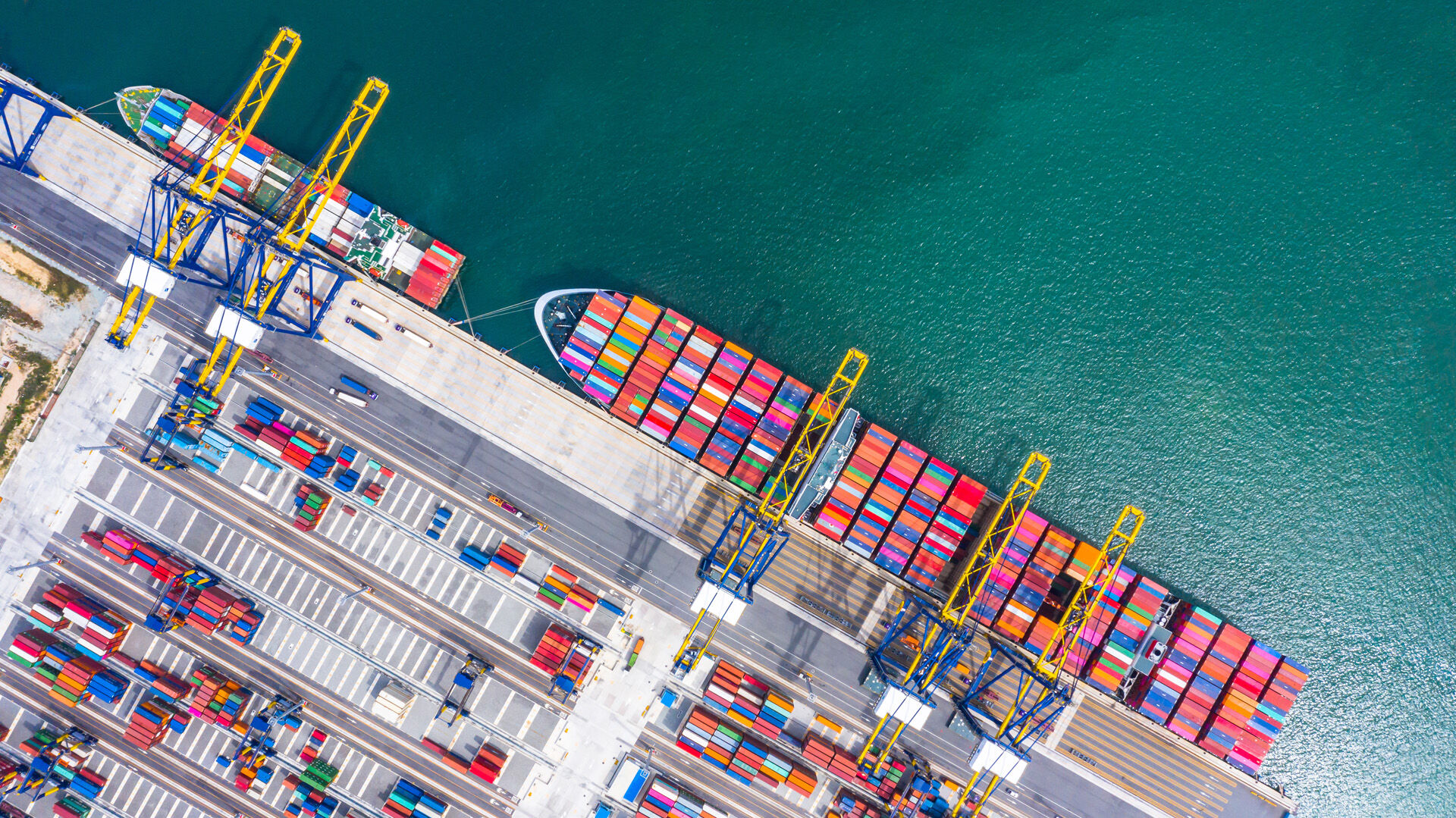
What does a forwarder do? And do I need a forwarder?

Mark-Jan
Export Operations & Customs
Mar 19, 2024
If you are contemplating the transportation of goods, you have likely encountered the term 'freight forwarder.' In fact, you are currently on the website of a freight forwarder. Most websites you find on the internet are filled with industry terms that the average entrepreneur may not be familiar with. In this article, we aim to provide more explanation about the profession that we passionately engage in day in and day out.
What does a forwarder do?
A freight forwarder is also referred to as a 'transport intermediary.' The term 'middleman' is also frequently used. Both are accurate. At its core, what a freight forwarder does is assist you in transporting your goods from point A to point B as efficiently as possible. This entails the freight forwarder taking on various roles throughout the transportation process, always with the ultimate goal of relieving you of any burdens.
- Transportation advisory
When you first approach a freight forwarder, you seek the best advice to make an informed decision. Therefore, the role of the freight forwarder is advisory even before any shipment is in motion. This includes advice on packaging for your goods, the fastest and most efficient transportation methods, and schedules to determine how quickly goods can be delivered to their destination. Any questions you have regarding transportation, a good freight forwarder always has a few sound answers ready. - Negotiating transport agreements
Once a suitable method of transportation is identified, a freight forwarder ensures that all necessary agreements for each aspect of the transport are concluded. This secures the way your shipment is transported from point A to point B. - Handling customs procedures
If you are exporting, customs wants to know precisely what you are exporting – and yes, they want it documented in writing through an export document. Even if you are importing, customs would like to be informed. There's also a chance that you may need to pay import duties on your imported goods. The freight forwarder can handle these declarations for you and ensure compliance with all obligations. Trust us, it's better to keep customs on good terms. - Preparing transport documents and other administrative actions
Documents are always required for transporting goods, whether it's by road, water, rail, or air. A good freight forwarder is familiar with all the rules and conditions for preparing these documents and can also incorporate your preferences. You can confidently entrust the freight forwarder with tasks such as applying for permits. - Planning and Monitoring
Based on the earlier provided advice and, of course, your decision, a freight forwarder creates a plan that offers a clear picture of the transportation. As multiple parties are often involved in a logistics process, it is wise to let the freight forwarder create and monitor your plan, reminding carriers of the schedule and their obligations to ensure your goods arrive at their destination on time.
Can I also import/export without a forwarder?
It depends: How much knowledge do you have, and how much time can you dedicate to understanding and managing the transport process? Does the time spent on it outweigh the cost savings?
Not to discredit our own profession, but it's not rocket science. However, it is an exceptionally extensive sector where specialized knowledge is required for every aspect of transport. If you already possess that knowledge, great. Otherwise, it's probably better to engage a freight forwarder.
Can I negotiate transport contracts myself?
Short answer: yes, you can. You may need clarification on whether you get the best price and favorable conditions. A forwarder has the connections and volumes to negotiate a reasonable price and good conditions. Prices are often arranged in bulk, that is, in large quantities. This makes it easier for a forwarder to manipulate negotiations in his favor.
Specialist knowledge?
If you have never dealt with transportation before, you are likely to become quickly frustrated with all the rules and conditions. Or you may not have handled all facets of the transport, resulting in your container waiting somewhere on the dock because you are having issues with customs.
Conclusion: Do I need a forwarder?
We may be biased, but our answer is a definite yes. The time you save by arranging everything outweighs the costs involved. Besides, if logistics is not your job, you probably have more important tasks than signing contracts or constantly monitoring your containers on screen.
Want to know more about our profession?
Would you like a crash course in logistics, or would you rather know more about what is involved in transporting your goods from A to B as efficiently as possible? Please get in touch with us. Making people wiser is almost as much fun as the profession itself!
Related blogs
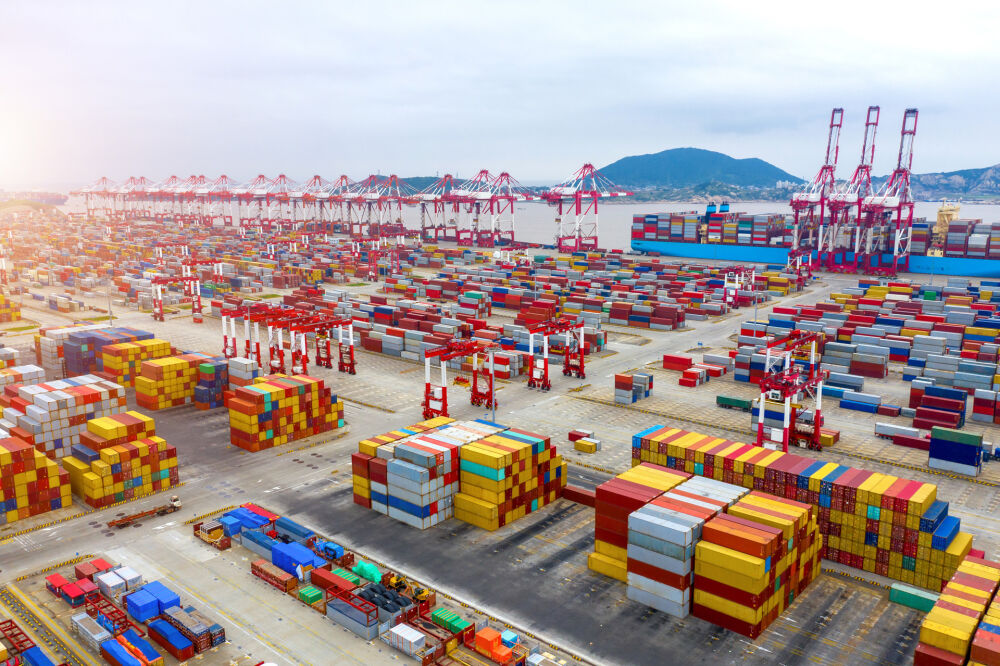
Exporting with Berkman Forwarding: control, speed and certainty

Vietnam in 2026: The Growth Market for Smart Importers
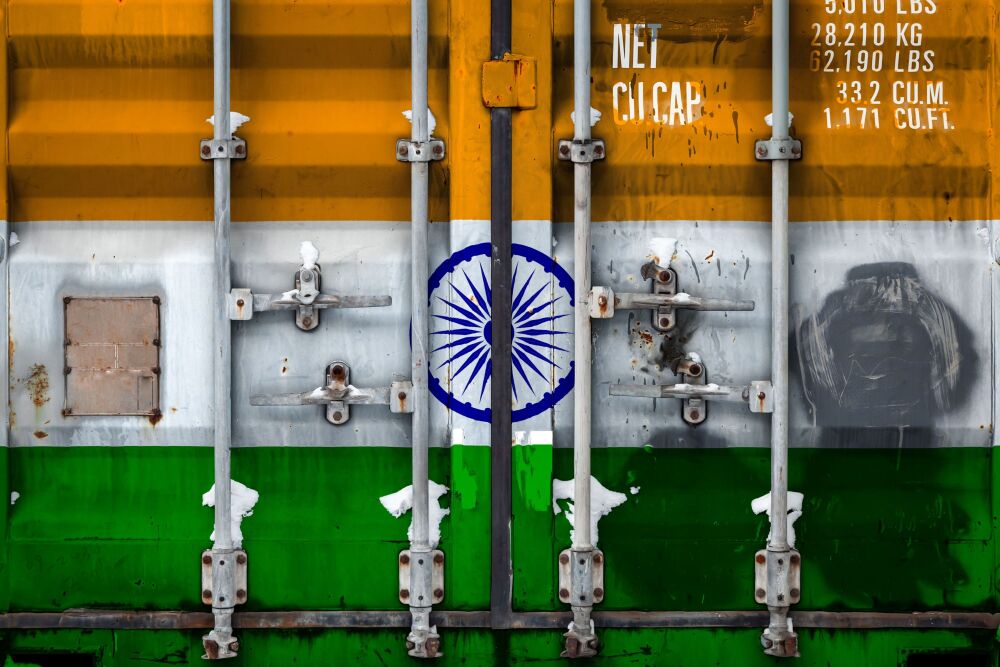
Importing from India: growth opportunities, trends, and local support
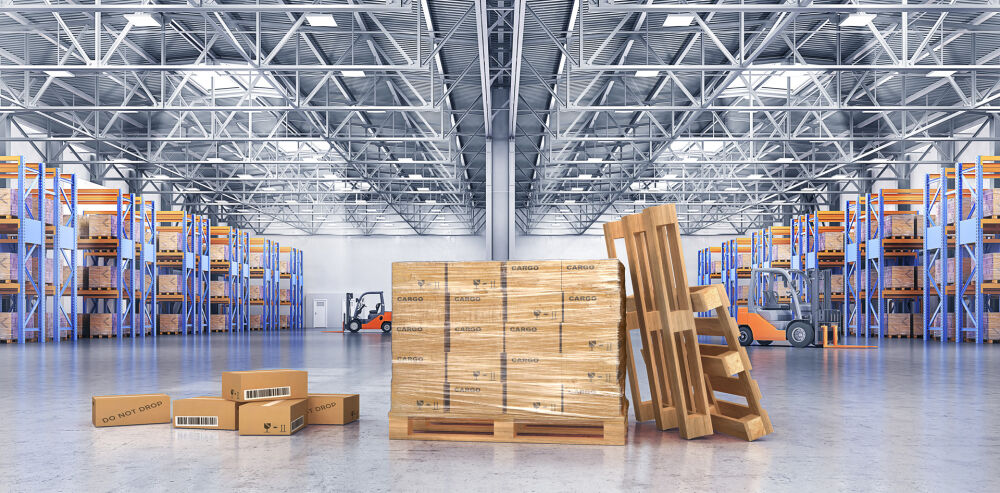
More than a freight forwarder: how we strengthen your supply chain

Outsourcing: from operational challenge to strategic progress

Vietnam: the trade engine of Southeast Asia
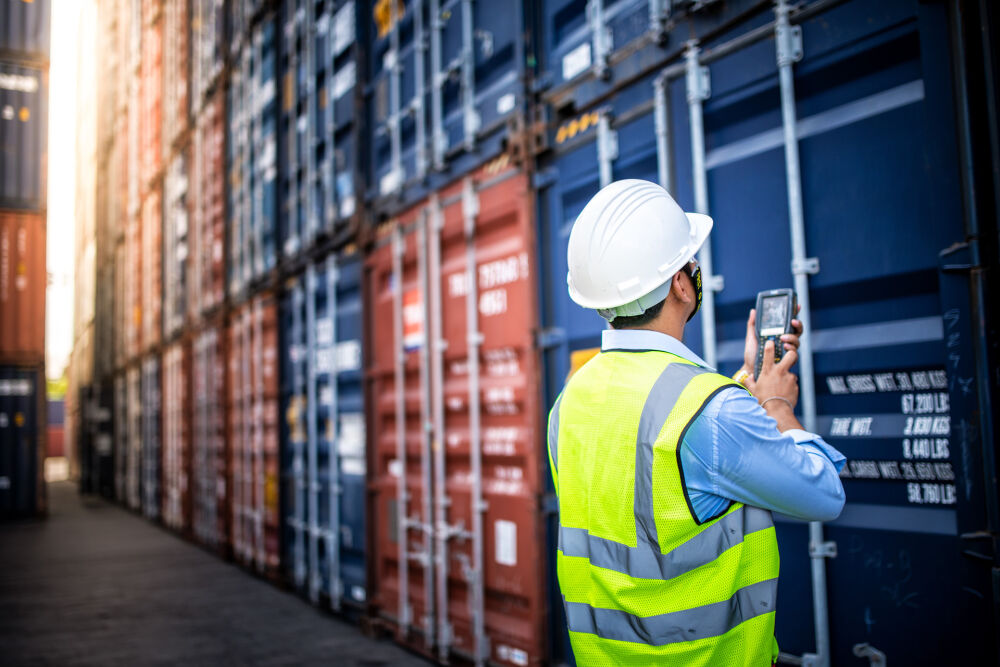
Why Quality Control in importing matters
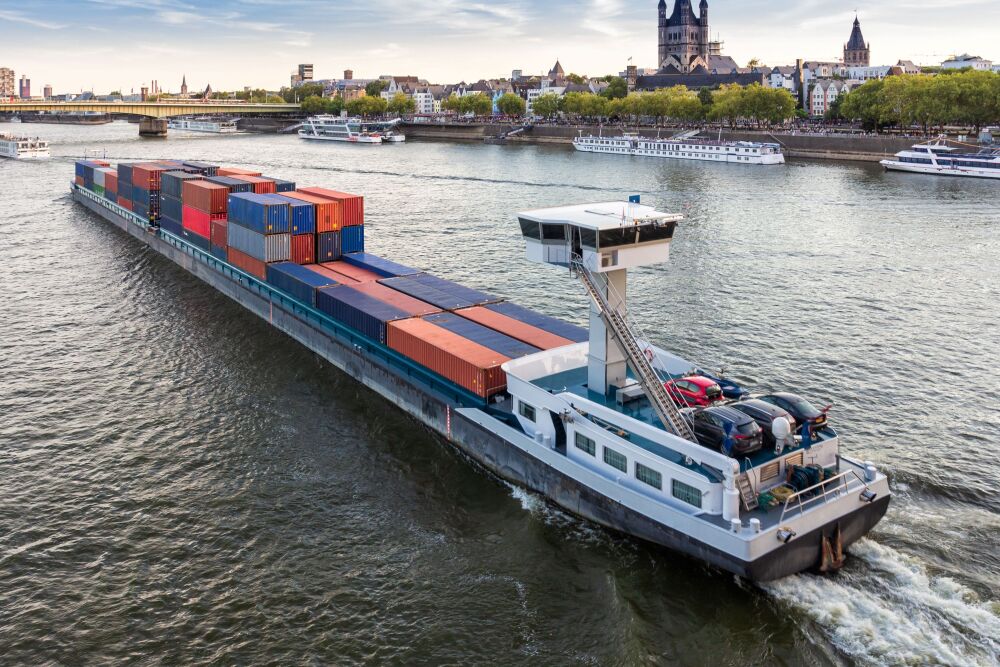
The benefits of transporting containers by barge
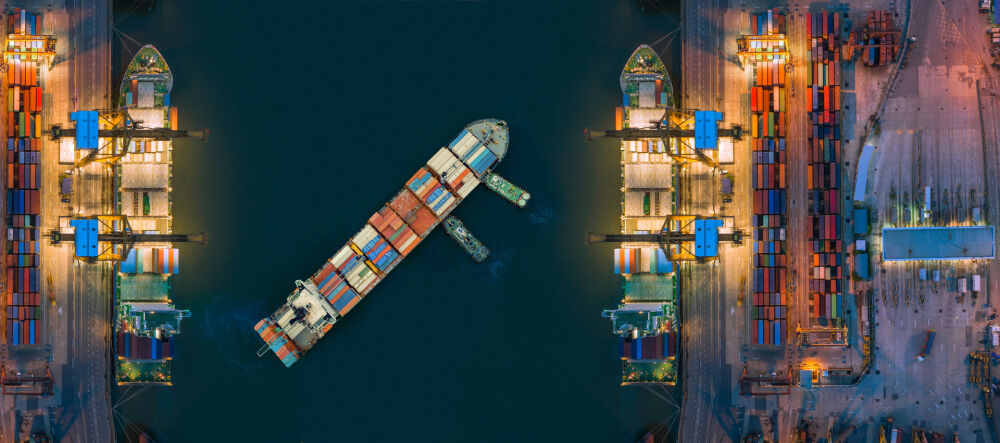
Transport Insurance? What Nonsense…Right?
